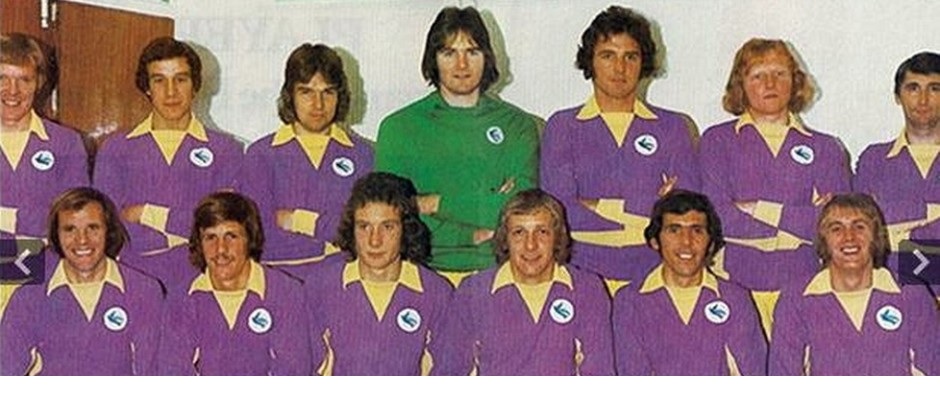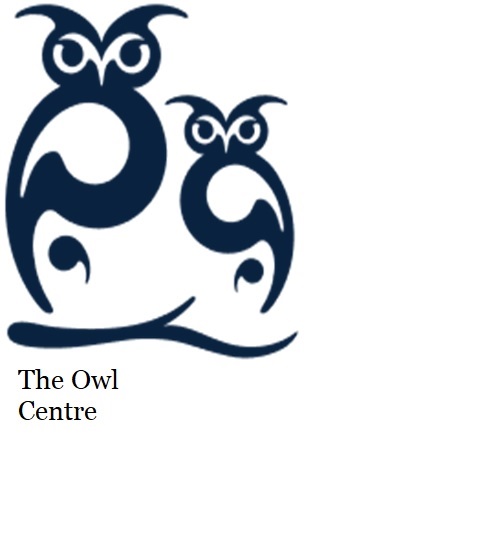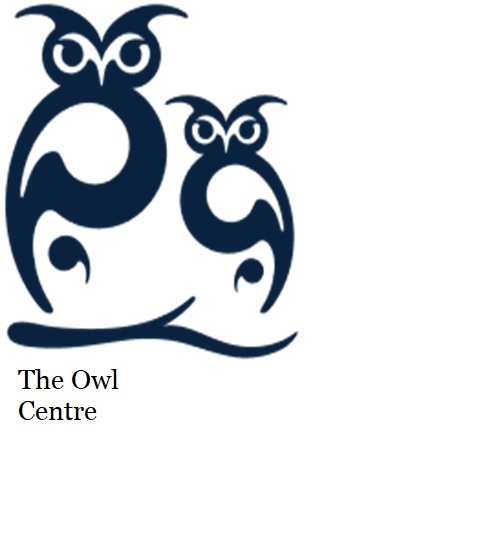
I’ll start with a short round up of recent games played by City’s age group and women’s teams and what is probably the best night, so far, in the history of the Welsh women’s team.
Anyone who has been waiting on the outcome of the cliffhanger from last Saturday that was Coventry v Cardiff Under 18s which was left at 3-1 to Coventry at half time before Twitter communication with darkest Warwickshire was lost, won’t be pleased to learn that it ended up 5-1 to the home side. The goals from the game can be seen on the club website now if you really want to watch them, although, at the risk of sounding old fogeyish, you’ll need to be made of stern stuff to make it to the end of the three minutes given the truly appalling musical backing to the video.
City’s women’s team began their league season on Sunday with a 2-0 win over Pontypridd United at Leckwith thanks to goals by Danielle Broadhurst and Phoebe Poole. The following day there was a notable win for the Under 21s who went to Wigan and beat a team containing seven players (one of them was Joe Bennett) with first team experience 2-1 – Jack Leahy scored the first as he was presented with the ball some twenty yards out by a keeper trying to play out from the back and netted easily, then captain Xavier Benjamin headed a last minute winner from a Caleb Hughes corner. Once again, highlights of both games are available on the club website, this time without that bloody awful music.
There’ve been bigger crowds for women’s games in Wales (e.g at the Millennium Stadium in the 2012 Olympics and for the 2017 Champions League Final at Cardiff City Stadium) than the twelve and a half thousand who turned up on Tuesday to watch the national team make it through to the Play Offs for the World Cup to be held in Australia and New Zealand next year, but I believe this was the largest for a game involving a team from this country.
Wales’ opponents Slovenia needed to win to pip us for the Play Off place and, in the first half the home team felt the absence through injury of their best player Jess Fishlock and were a little lucky to still be level at the break. Wales, inspired by Carrie Jones, who only turned nineteen last weekend, were much improved after the break and I’d say were slightly the better team over the ninety minutes. Thankfully, the otherwise impressive centreback, Gemma Evans did not have reason to regret her bad miss when she made s poor contact with a free header from about five yards out from a corner and directed the ball straight at the goalkeeper.
The match finished 0-0, but a mixture of the tension of the occasion and the fact that both sides were trying to win the game made for an entertaining spectacle. The qualifying procedure is long and complicated (far too complicated for me to explain!), but Wales will know what they need to do next to keep their interest alive tomorrow when the draw for the next phase is held.
Monday also saw Middlesbrough beat Sunderland 1-0, thereby dumping us into the bottom three, before Saturday’s visit from a Hull side which has hit a rough patch following a promising first four matches. The Tigers have conceded eight in their last two away games, so you’d like to think that the chances are there for us to improve our pitiful scoring record while also, hopefully, starting to climb the table again, but we really do need to score the first goal because our reaction to going behind this season has left much to be desired.
Anyway, on to the quiz – here’s the usual seven questions dating back to the sixties with the answers being a Hull player from that time in each instance – I’ll post the answers on Sunday.
60s. Another of what, sadly, is an increasing number of former footballers whose death has been attributed to their time in the game. The coroner at his inquest ruled that death was “caused by his occupation as a footballer, heading heavy footballs”. A midfielder, he did not have to move too far from home when signing for his first club which still has a unique pre match tradition relating to one of their nicknames which carries on to the present day I understand. He had to wait for his move to Hull to play any first team football however and became a fairly frequent opponent of City’s during his time with the Humberside club, only tasting defeat the once.
After close to two hundred appearances in all competitions during his six years at Hull, he moved on for three years as an antlered beast during which time he only made twelve league appearances. Capped three times by his country, he worked as a quantity surveyor after his retirement from the game, can you name him?
70s. A Hull player at the time, he is credited with being the last ever true amateur to play league football and a dozen years later, he is said to have saved a life during what was a football disaster? Who?
80s. A Hull midfielder from this decade, I’ve seen him described as a “midfield dynamo”, well, if he was, he was a crooked one! Name him.
90s. A olde clinic transformed into Hull point winner at Ninian Park. (5,6)
00s. Uncle suffering from bone condition maybe?
10s. Twice on the losing side for Hull against City in a season during this decade, he was to experience penalty shoot out heartbreak in a Wembley Cup Final during the following campaign – what is it that makes that story a bit different in this case though?
20s. This midfielder was playing for a club which has an artificial pitch when he was, tentatively, linked with us. He never came here, but signed for another club that wore blue. However, it soon became clear that a new, high profile manager didn’t fancy him and so he was loaned out, first, to an updated glade and then to capital greens, before securing a permanent move to Hull where he was a title winner in his first season. Who is he?
Answers
60s. Wrexham born Alan Jarvis signed for Everton as a teenager (where the “toffee lady” still throws black and white humbugs into the crowd at Goodison Park pre match apparently). He moved to Hull in 1964 and gained his first Welsh cap a couple of years later. Jarvis left Hull for Mansfield in 1970, but saw little first team action for them before retiring three years later.
70s. John Hawley played as an amateur for a while after breaking into the Hull team in 1973. Twelve years later, he was playing for Bradford City at the time of the Valley Parade fire and is said to have saved the life of a spectator by pulling him to safety from the flames.
80s. Billy Askew.
90s. Colin Alcide.
00s. Sam Ricketts.
10s. Anthony Gerrard was still a City player when he appeared for Hull in a couple of 2-0 defeats by us in 10/11. Gerrard was part of a loan deal swap between City and Hull which saw him going to them and Seyi Olofinjana joining us. Strangely, both clubs were happy to have their own player appear against them during the season (Olofinjana played and scored in the first game between the teams, but was not involved in the return fixture). Both players returned to their parent clubs for the 11/12 season and, in fact, it was Gerrard who missed the last penalty in City’s shoot out defeat by Liverpool in the 2012 League Cup Final.
20s. Greg Docherty was linked with us and a number of other Championship clubs as a youngster when he first broke into the Hamilton Academicals team, but he opted to remain in Scotland and signed for Rangers. Docherty was made available for loan by Steve Gerrard when he arrived at Ibrox Park and he had spells with Shrewsbury and Hibs before he signed permanently for Hull in 2020.




